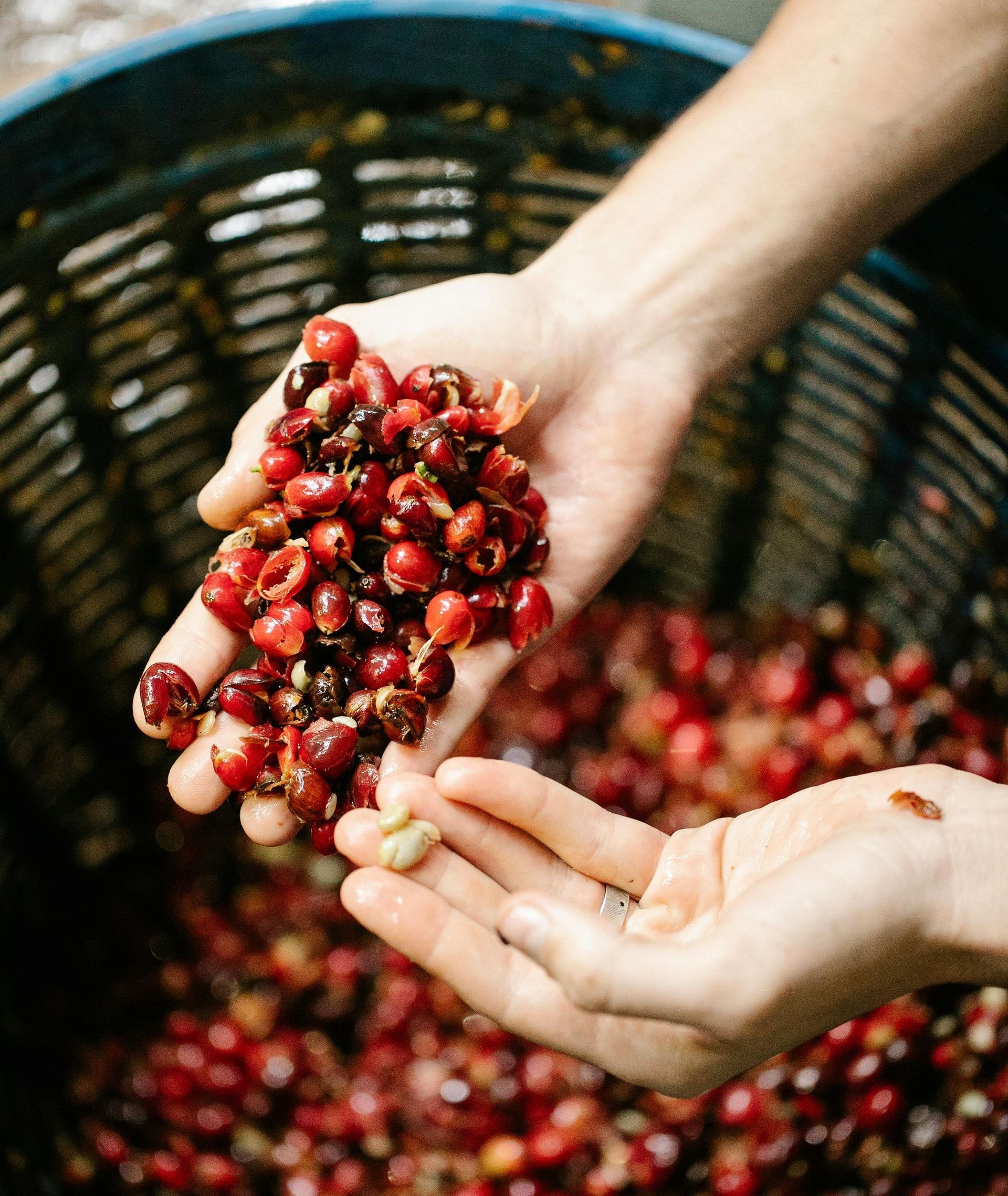Coffee!
From berries to beans.

COFFEE!
Some people can't live without it others despise it! Is it a benefit to your health and everyday living or a placebo? Let's start with the origins of coffee and how we were introduced to it. Ethiopia is widely considered it's birthplace around 800 AD, an Ethiopian goat herder named Kaldi noticed his goats became energetic after eating berries from a specific tree. While coffee plants originated in Ethiopia, it was in Yemen where they were cultivated and the beverage form we know today was developed. Now onto the health benefits that come along with drinking java! Some nutritional benefits include boosting metabolism, supporting brain health, and potentially lowering the risk of type 2 diabetes and heart disease. The healthiest way to enjoy coffee is typically black and unsweetened. This allows you to maximize health benefits without the added extra calories. How many cups you ask is a reasonable amount to have per day? The FDA considers 400 mg or about 4 cups of coffee. Of course depending on individual tolerances effects could vary. Caffeine contain can vary depending on types of coffee, but an average 8-ounce cup has roughly 95 mg. What you add to your coffee also plays an effect into how healthy it is. Instead of loading up on creams and sugars, try adding up to two tablespoons of milk, milk substitute or half-and-half, and using naturally sweet spices or flavorings. While coffee is a pleasurable part of your lifestyle, eating a balanced diet, exercising and maintaining a healthy weight make a bigger impact. Some things also to keep in mind is the time of day you consume your coffee. Drinking earlier in the day, especially before noon may offer the greatest health benefits. Excessive consumption can lead to anxiety, sleep disturbances and other negative side effects. All things considered cradle that travel mug, and enjoy the flavors of a natural cup of java!
-James


